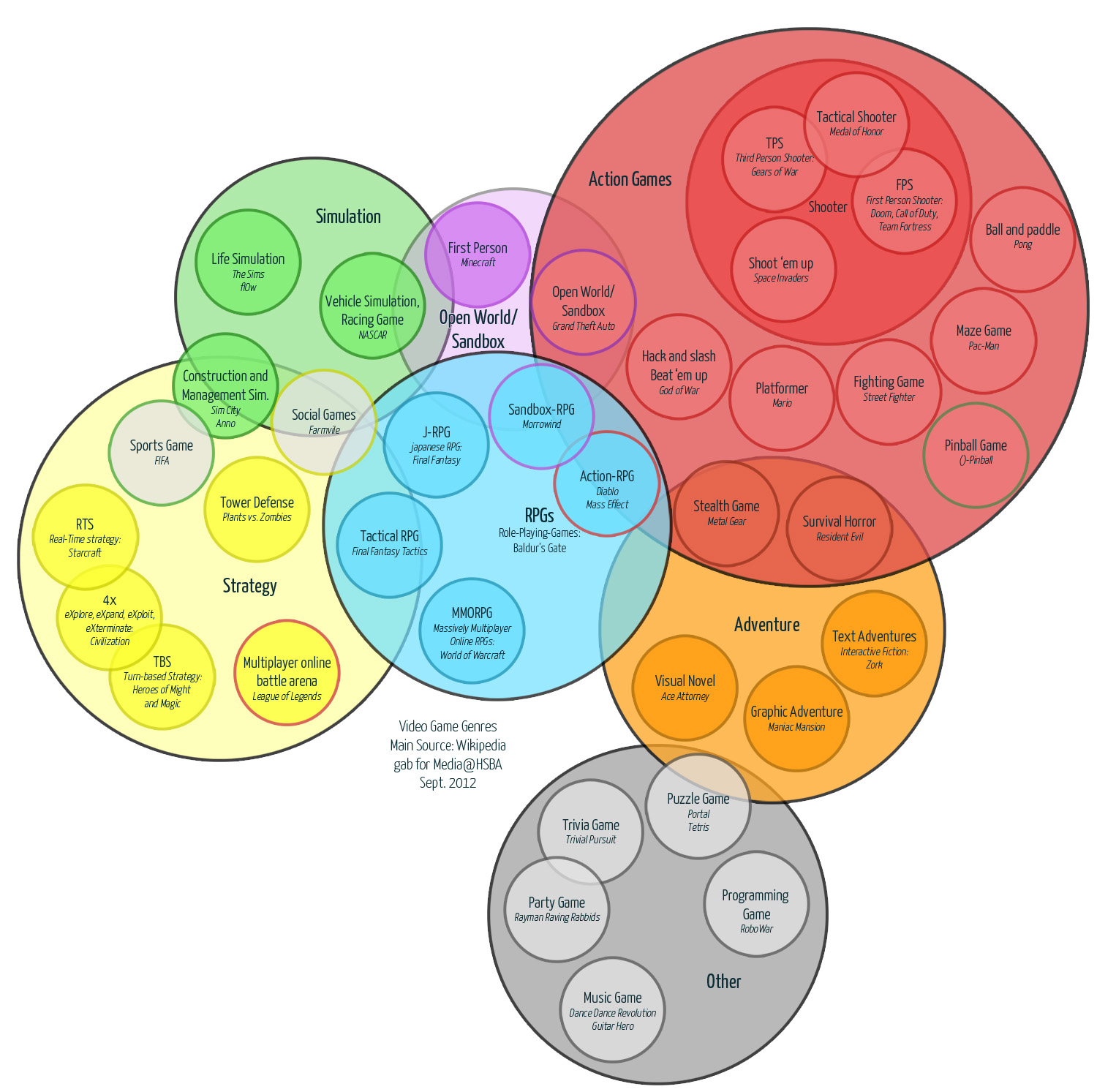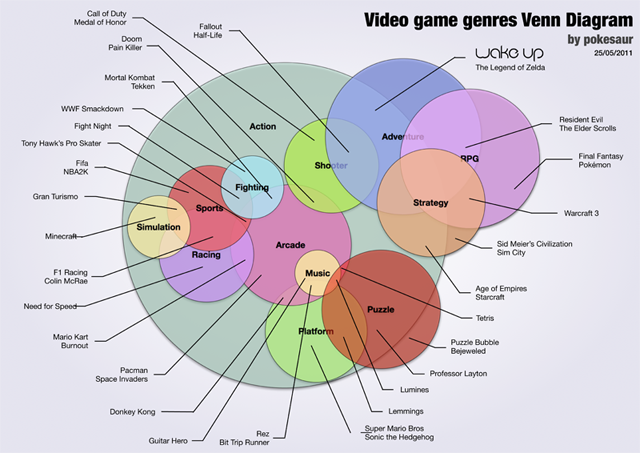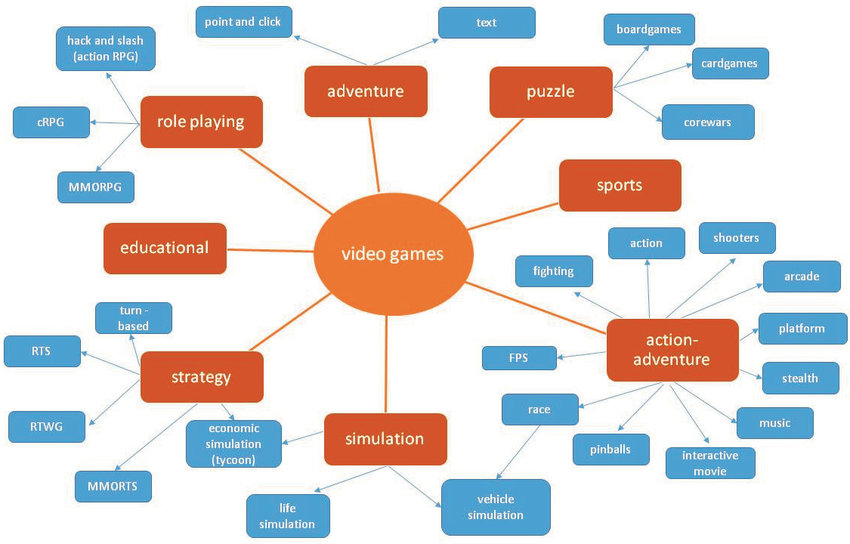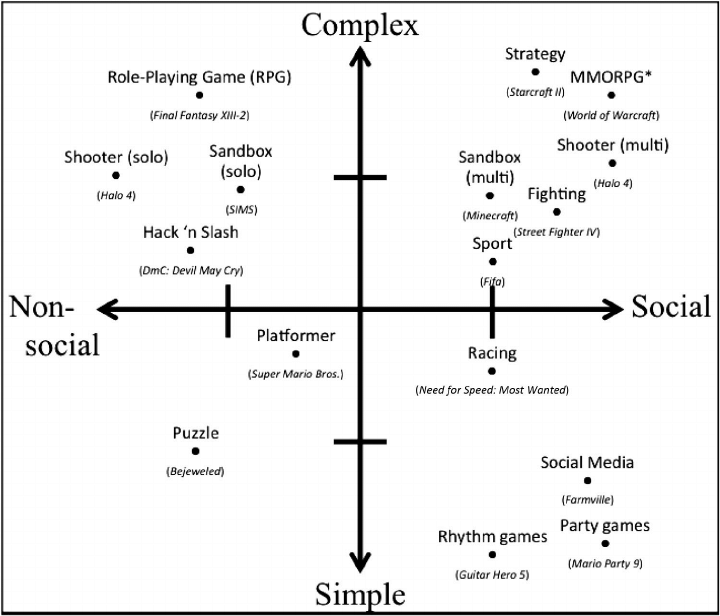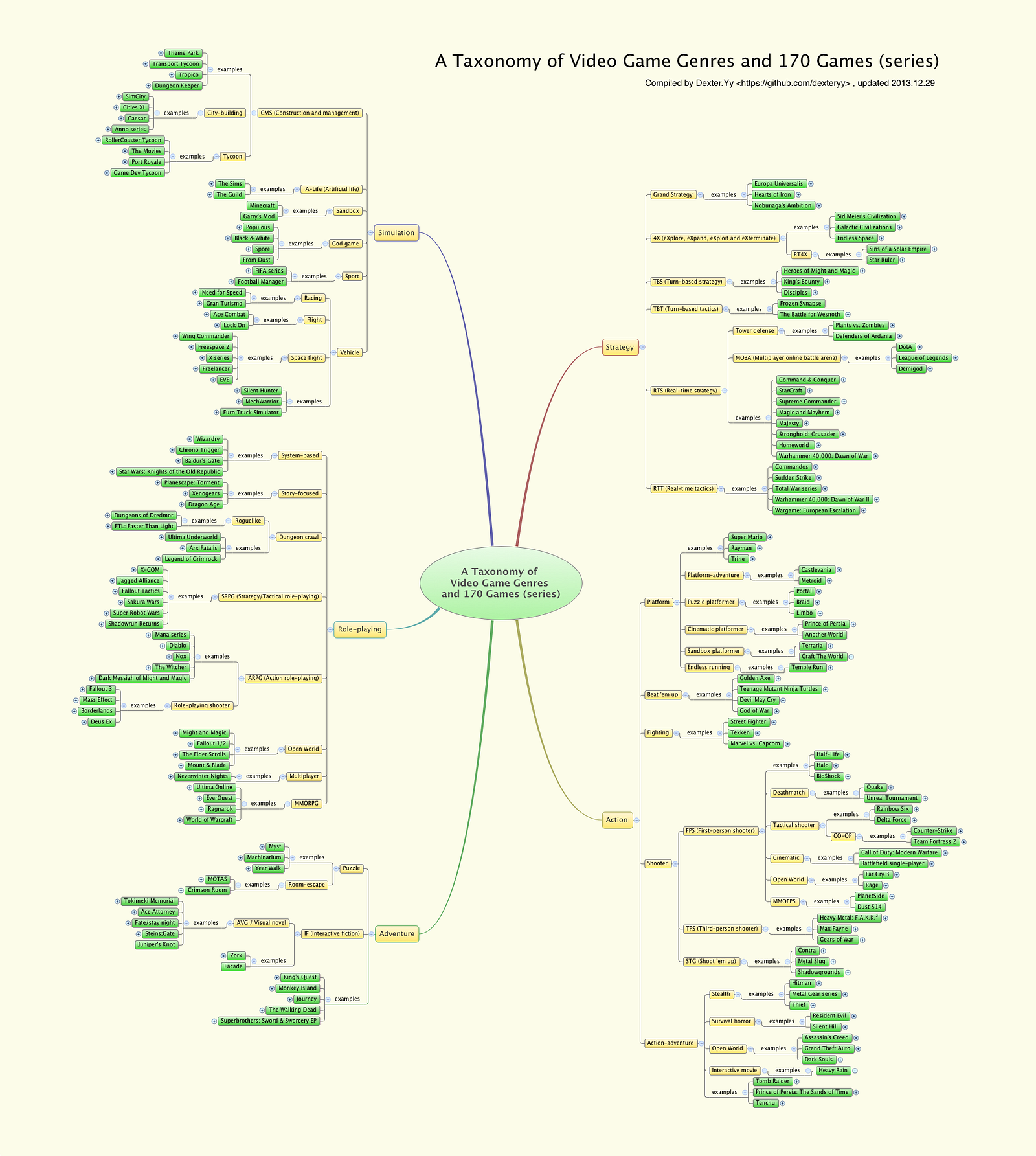I wanted to point out the fundamental hurdle you have by analyzing the usage of Itch tags/genres. Prime example is how the dev of Backpack Hero classified the game as a Role Playing game, yet that tag does not even appear in the user tag list of the 20 most popular tags on Steam. Feeding your model data points of arbitrarily developer chosen tags will not result in a model that can predict much. It will be very hard to filter out vanity tags and non relevant tags chosen by devs.
Backpack Hero can be described as Slay the Spire with inventory management, instead of card deck management. They slapped some story mode on top to have variations/motivation for different dungeon runs.
What do the tags on Steam say. Do they agree with that?
Roguelike Deckbuilder, Card Game, Card Battler, Roguelike, Deckbuilding, Turn-Based, Strategy, Singleplayer, Roguelite, Replay Value, Indie, Difficult, Dungeon Crawler, RPG, Mouse only, 2D, Fantasy, Procedural Generation, Great Soundtrack, Casual
Replay Value, Inventory Management, Turn-Based, Roguelike Deckbuilder, Deckbuilding, 2D, Fantasy, Roguelike, Strategy, Building, Choices Matter, Turn-Based Strategy, Roguelite, Casual, Procedural Generation, Singleplayer, Card Battler, Controller, Female Protagonist, Moddable
Findings for that tag comparison highlights another problem. Trends change over time. Maybe Steam introduced a separate "turn-based strategy" tag at some point. It is not used for StS. And curiuosly "indie" is not used for BH. It seems not important anymore that a game is indie.
Swapping out card game for inventory management is a given, that was my description by analogy. Building might be from that story mode. I do not know why people selected choices matter, because they do not, except the most trivial sense (an example how users tags are also prone to inaccuracy). Female protagonist is not entirely accurate, except for that story mode. Both games have several playable characters and both games have male and female characters and both have a robot. StS is more difficult, that is true. Both are dungeon crawlers and BH is literally in a dungeon, while StS is climbing up the titular Spire.
Curiously people chose rpg for StS - which is again only true in the most trivial sense that you do not play as yourself in that game. They might just as well have chosen point & click, while we are at tags that are trivially/literally true, but not in the sense of a tag.
Unfortunately, StS is not on Itch, but if it were, the tags on that game would have been chosen arbitarily and as a reflection of popular tags of 2019.
---
After looking at the bubbles, some words. Ignore a lot of those tags. Condense the list of tags you analyze. Some tags have a lot of information, and others are useless. Maybe data artefacts. I could not find petraising simulation games, to pick one. You might look how many games use a tag or curate the list by other means. Steam has a handy counter how many games use a certain tag. But tag usage on Steam is different, not the least, because Itch has freestyle tagging. But some things are just not tagged on Itch. You do not tag mouse or controller input, those are meta tags.
Otome is a very informative tag. It basically is visual novel plus dating sim plus female protagonist. But how you got christian in there is a mystery. Otome is also a very accurate tag, in my opinion. If a dev choses that tag, it will be lots more accurate than chosing horror or visual novel. It is also a very decisive tag, as it will be either a deal breaker or a point of strong interest. I guess you will not be able to infer such information by looking at tag usage alone (and of course, that's just my opinion about the tag.)
Blockchain is not related to puzzles. It is pay to win scam/gambling involving crypto. Some of those might use puzzle games as an alibi game for their scam. But this will also be a strong decider. Either people know it's a scam and avoid games with that tag, or they might be addicted to the gambling and seek them out. Or they do not know what it is.
It's curious that you have the subgenre/hybrid puzzle platformer along with puzzle games, but not inbetween platformer and puzzle.
I never heard of many of those genres/tags in those bubbles. Your sample data might include some nieche game jams.
If you find a evolutionary style tree graph for game genres and sub genres, please post the link. That would be fun to look at. One can have sub genres and genre mixes that spawn new genres in their own right and so on. There probably is such a graph, but I could not find one on the quick. It probably would help your classification system to weigh genres. Tagging something puzzle and platformer vs puzzleplatformer might somehow be mapped equally internal. Or psychological horror games are a direct sub-genre of horror, so horror is less info than psychological horror.


